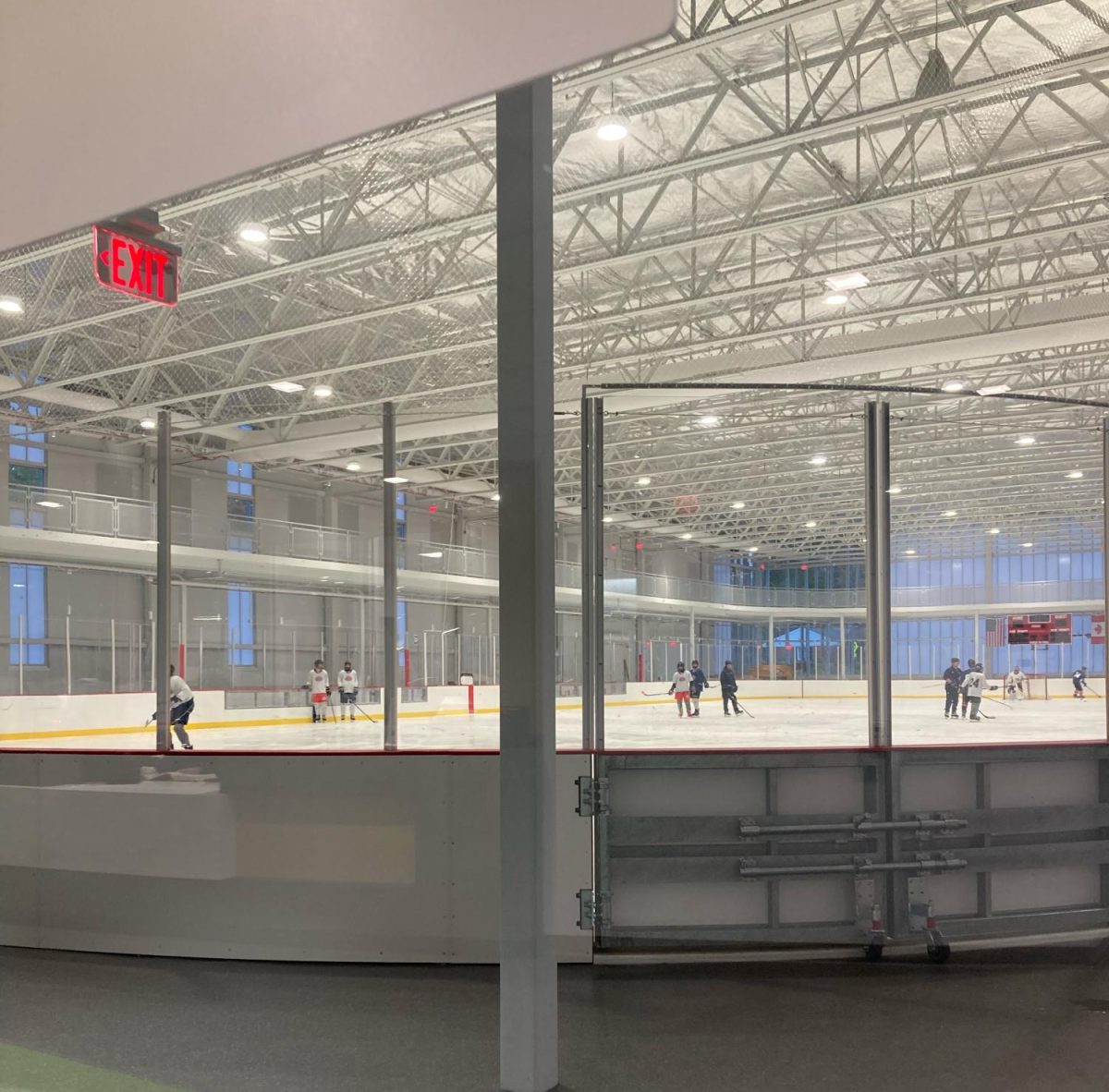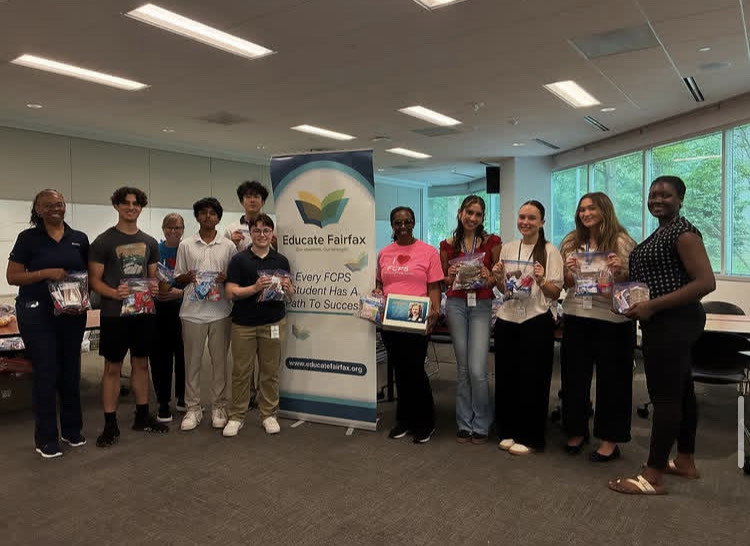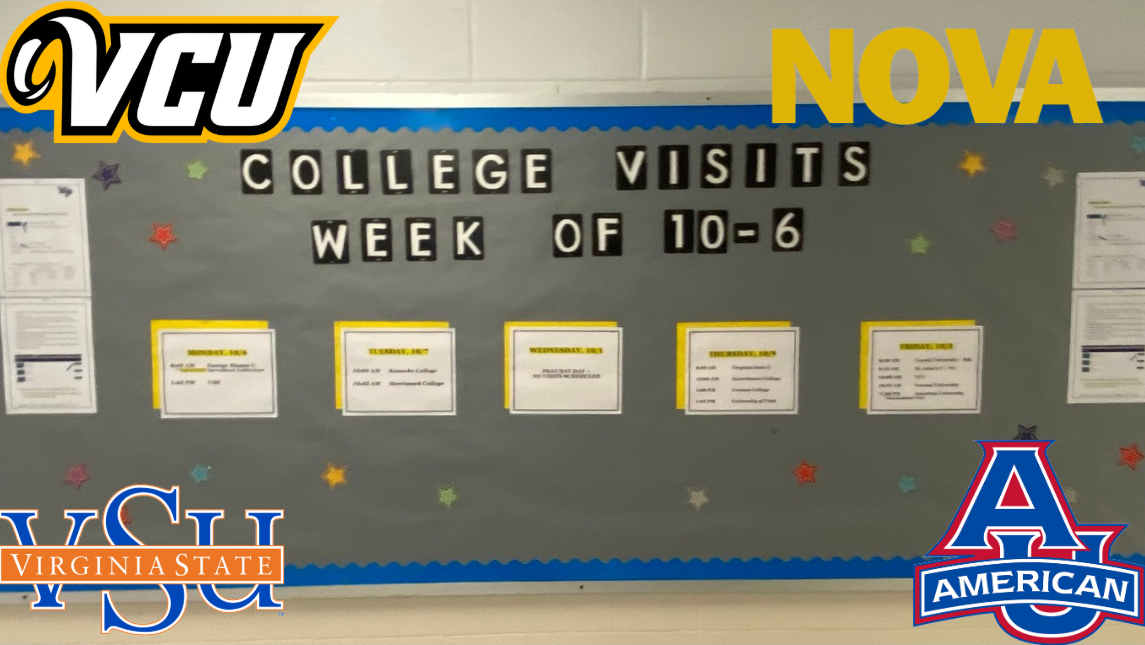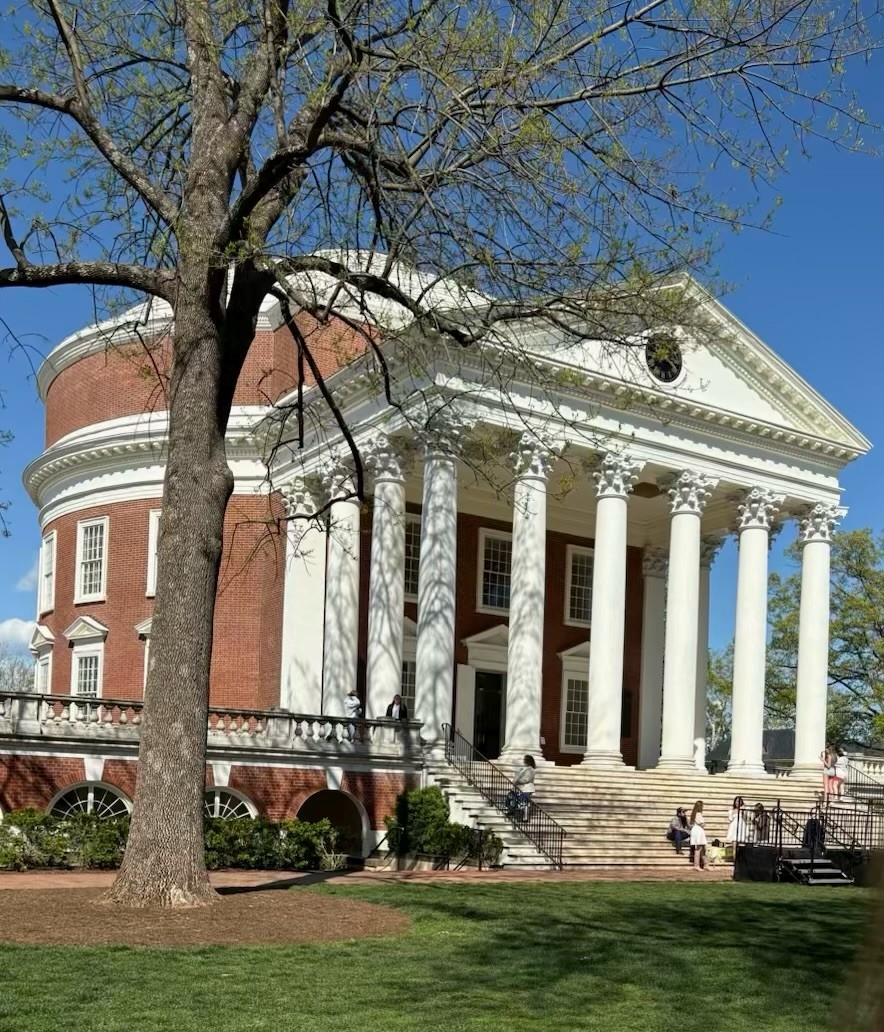Only a couple months into his second presidency, Donald Trump has made drastic changes to immigration policy in the United States. On his first day in office, Trump signed several executive orders to heighten security on the southern border, halt asylum seeking processes, and much more regarding immigration. However, the most impactful change in policy is in regards to deportation.
President Trump made his priorities clear about deportation during his Inauguration speech, simply declaring, “We will begin the process of returning millions and millions of criminal aliens back to the places from which they came.”
Since then, U.S. Immigration and Customs Enforcement (ICE) arrests of undocumented immigrants have spiked. ICE stated that between Jan. 20 and March 11, 28,319 people were deported from the U.S. That averages 3,887 per week and 555 per day.
This number is only going to rise, as President Trump continues to push for his plan of mass deportation. Caleb Vitello, acting director of ICE, said that the department should be making 1,200 to 1,500 arrests every day to meet Trump’s quota; however, ICE is struggling to meet this requirement because of the lack of funding. In fact, Vitello is currently being reassigned because of the ‘slow pace’ of arrests.
Not only that, but President Trump has expanded the scope of ICE’s authority. He rescinded former president Joe Biden’s memorandum prohibiting immigration raids in sensitive areas. Therefore, ICE can now do raids and arrests in schools, churches, and hospitals.
In response to FCPS community members’ concerns about ICE in school areas, superintendent Michelle Reid is emphasizing the right for all children, regardless of immigration status, to have access to education, which is protected under the Supreme Court case Plyler v. Doe. “We do have a plan, we have clear protocols, and we’re going to maintain safe spaces in schools so our children can continue to learn at world-class levels,” Reid said.
FCPS has said that they are not aware of ICE efforts to enter their schools, and if there are enforcement actions they will, “follow its existing policies and regulations governing access to students and student record information by law enforcement entities.”
The same is true in neighboring counties to Fairfax. Alexandria City superintendent Kay-Wyatt stated that “all children who reside within the City of Alexandria have the right to attend school at no cost to their families regardless of immigration status,” and added that while there are some exceptions, Alexandria City schools can shield students from ICE to an extent.
The City of Alexandria — which contains both Fairfax County and Alexandria City — mayor, Alyia Gaskins, has said that Alexandria will not give ICE any resources or support from local police. “While federal officers may take enforcement actions in our city, the City of Alexandria does not participate in federal immigration enforcement,” she said.
ESOL teacher Ms. Katherine Lodge has been teaching at West Potomac for 10 years. She, along with other teachers, is concerned by ICE’s recent presence in schools across the country. “It has been a big worry of mine and other teachers, but we are working closely with administrators and Fairfax County supervisors to determine what the process is if something like that were to ever happen, which I hope it would not.”
Despite the changes in immigration policy, students with undocumented immigrant family members still have to act as if everything is normal. Ms. Lodge said that, “I’ve had students in the past who’ve told me that family members are making their way over to the states. And it’s a lot when you’re trying to learn biology or taking an SOL to think that you have family that’s going through such hardship to be able to make a better life for themselves, and for you.”
Even though ICE agents can’t go into Fairfax schools without a warrant, there’s nothing stopping them from making arrests inside residential buildings, like homes and apartments. This has already happened in January, at Beacon Hill Apartment buildings, just five minutes away from West Potomac.
Ms. Lodge explained how some students have been affected by ICE appearances in Fairfax County, “I think some students double check their windows in the morning and see if it’s okay to go to school. And that’s a very scary time if any student is ever feeling not comfortable leaving the house to go and get an education that they’re entitled to.”
FCPS values a quality education for all, regardless of citizenship status. The county has plans in place, and should ICE try to enter the school, they would need a warrant, which FCPS’s legal counsel and lawyers would assess should the situation ever arise.
“We are a nation of immigrants,” Ms. Lodge said. “And if most of us look back in our ancestry, we have people in our families and lineages that came from other countries. And that’s what makes America so beautiful. I have confidence that our younger generation, like the students at the newspaper, the yearbook, like all of us at West Potomac, that we are going to call out injustice when we see it and work to make the world and the school system more just.”
FCPS has countless resources to help immigrant families: https://www.fcps.edu/resources-immigrant-families
























































